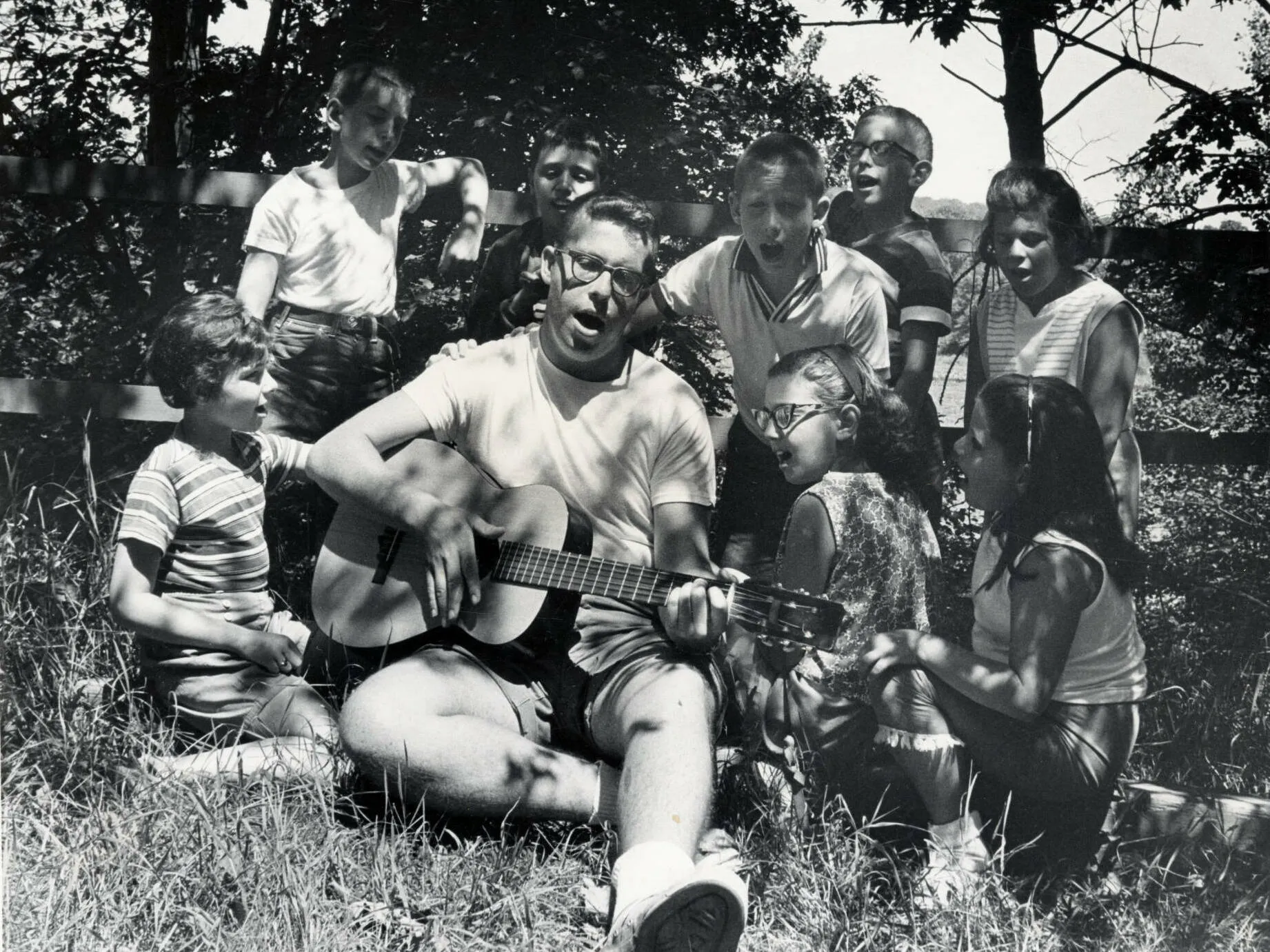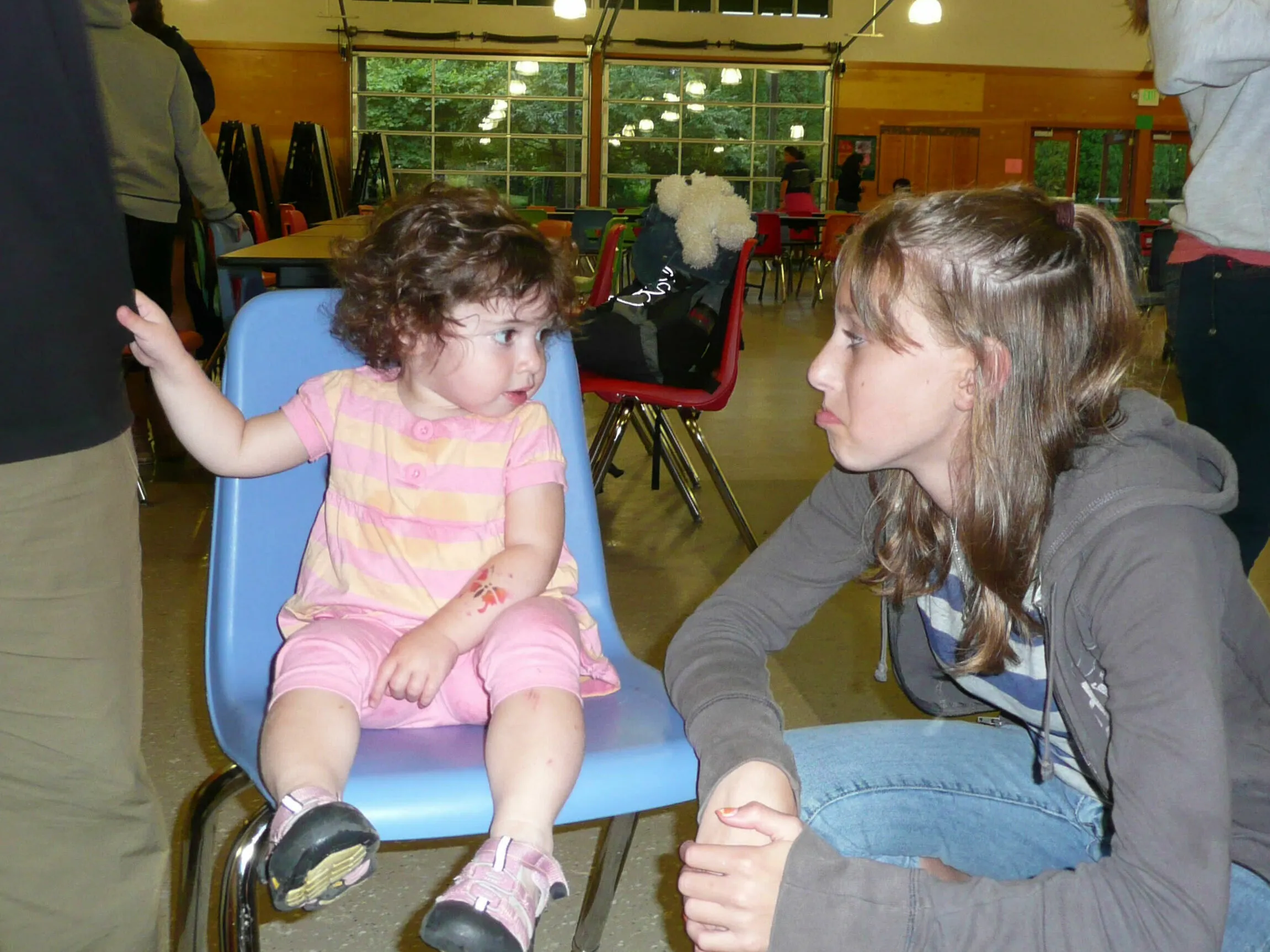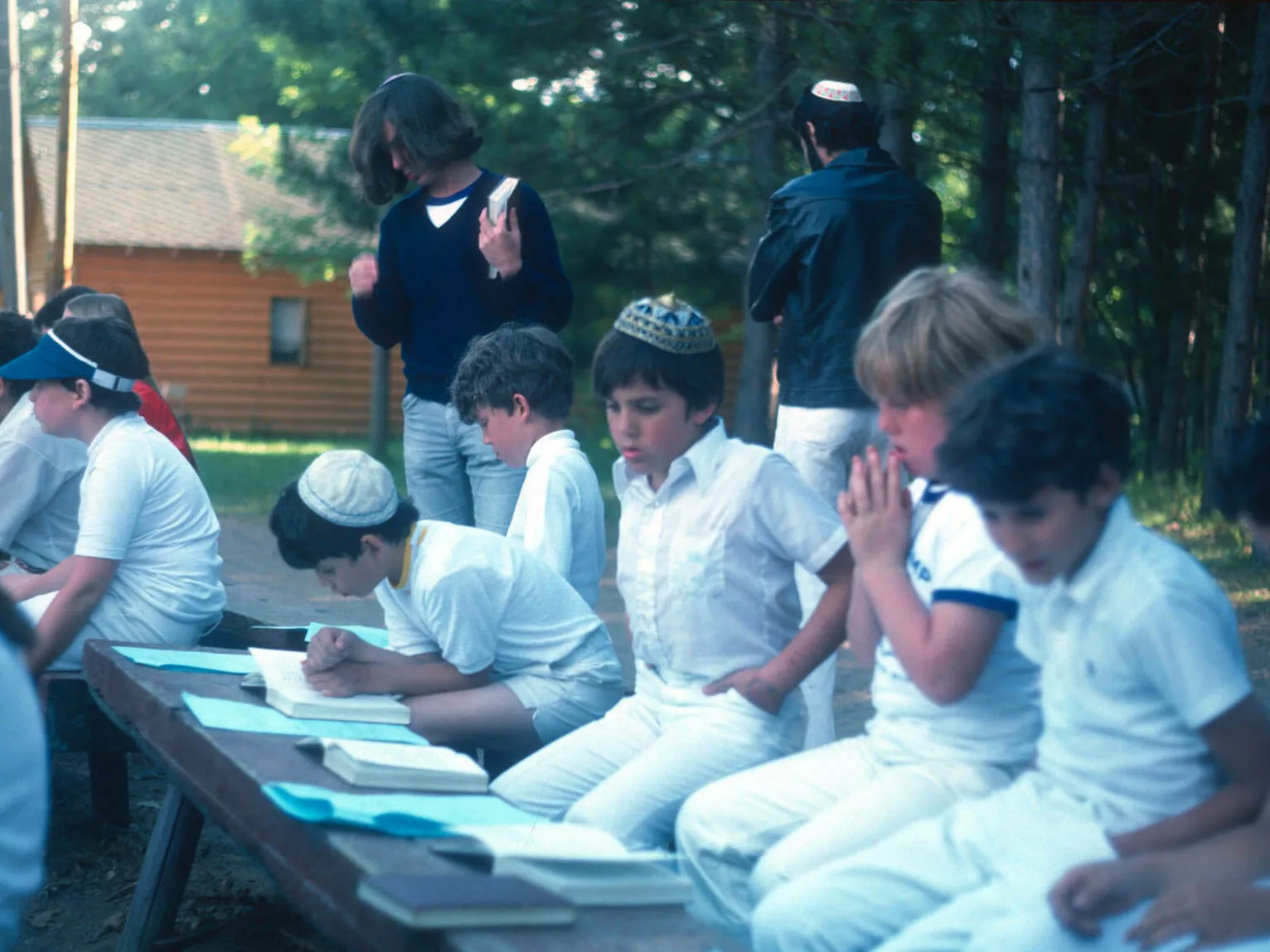For many young American Jews, the summer months offer a unique and transformative experience: attending a jewish summer camp. More than just a break from school filled with swimming, sports, and s’mores, these camps serve as vibrant hubs for building Jewish identity, fostering community, and connecting with heritage in a deeply immersive way. Imagine Shabbat not as a quiet family dinner, but as hundreds of kids and counselors dancing and singing together with infectious energy – a powerful collective spiritual experience. This sense of belonging and shared tradition is at the heart of the enduring appeal of jewish summer camps.
The significant role that jewish summer camps play today didn’t happen by accident. Their major expansion in the mid-20th century was a direct response to profound changes in American Jewish life following World War II. As European Jewry faced devastation, American Jews were experiencing unprecedented assimilation, moving from tightly-knit urban enclaves to more integrated suburban neighborhoods. Jewish leaders worried about the future of Jewish culture and religion in this new landscape.


What to Eat in Fort Worth – A Culinary Deep Dive
Discover the Top Restaurants in Denver – A Culinary Journey
Discover Where to Visit in Las Vegas
According to Sandra Fox, author of The Jews of Summer: Summer Camp and Jewish Culture in Postwar America, while Jewish camps existed earlier, the real boom occurred after the war. The rise of a Jewish middle class and the move to suburbs created a paradox: greater comfort but also concerns that traditional Jewish practices, previously sustained effortlessly by community proximity, might fade. Fox highlights the shadow of the Holocaust as a critical factor, driving an intense anxiety about Jewish continuity and leading many to view jewish summer camps as a vital solution to the perceived “problem of assimilation.”


Crafting Jewish Identity and Connection Through Jewish Summer Camps
In an effort to preserve and revitalize Jewish heritage, jewish summer camps didn’t just replicate existing traditions; they forged new forms of cultural expression. A significant element was the embrace of Israel, founded in 1948, as a source of pride and inspiration. The idea was that looking towards a vibrant, modern Israel would resonate more deeply with American youth than focusing solely on a history of oppression in Europe.
Camps incorporated Israeli themes into daily life – naming bunks after Israeli places, basing activities on Israel’s history, and even adapting popular songs into Hebrew for talent shows. As travel became more accessible, camps began inviting young Israelis, often recently finished with army service, to work as counselors. These shlichim (emissaries) served as tangible role models, connecting American campers directly to Israeli culture and Hebrew language, a practice that continues to enrich the experience at many jewish summer camps today.
Facing the Past: History and Memory at Jewish Summer Camps
While celebrating modern Israel, jewish summer camps also wrestled with the difficult history of the Holocaust. Some camps established memorials on their grounds. They often utilized Tisha B’Av, a summer fast day traditionally commemorating the destruction of the ancient Temples, as an occasion to reflect on loss, including the Holocaust, and the preciousness of Jewish life and tradition.
Some historical programming could be quite intense. Flip Frisch, a former camper at Camp Herzl in the 1980s, recounts vivid, potentially unsettling re-enactments designed to make history visceral. She remembers participating in a simulated escape from Nazi-controlled Europe, involving clandestine boat rides and mock interrogations by older campers pretending to be police. While such dramatic methods have largely been abandoned by modern jewish summer camps, Frisch emphasizes that these memorable experiences, along with simply living Jewishly day-to-day, profoundly shaped her identity. She credits camp entirely with her decision to remain connected to Judaism.


The Enduring Legacy and Evolving Face of Jewish Summer Camps
The impact of attending a jewish summer camp is often long-lasting. A Pew Research Center study found that 40% of American adults raised Jewish had attended one. For many, like Flip Frisch, it’s a foundational experience leading to lifelong Jewish involvement. Alumni networks thrive, reunions are common, and camps are well-known catalysts for Jewish marriages.
Today, jewish summer camps continue to evolve, adapting to the changing landscape of American Jewish life. Discussions about Israel are often more nuanced, acknowledging the complexities of the Israeli-Palestinian conflict. As Sadie Leiman, a current camper, describes, her camp facilitates anonymous Q&A sessions with Israeli counselors, addressing everything from food to challenging political questions.
Furthermore, the conversation around intermarriage, once viewed with alarm as a “continuity crisis,” is handled differently. While still encouraging in-group connection, camps recognize intermarriage as a reality for many younger Jews who nonetheless choose to raise their children Jewishly. Sandra Fox notes that resisting interfaith marriage doesn’t resonate with younger generations, who often don’t see it as a contradiction to maintaining Jewish identity.
Despite or perhaps because of these adaptations, jewish summer camps remain incredibly effective at producing young people with a strong sense of who they are within the Jewish community. They provide a space for immersive Jewish living, fostering a sense of belonging and equipping campers to navigate their identity in the modern world. They are places where tradition is both preserved and actively built by each new generation.
